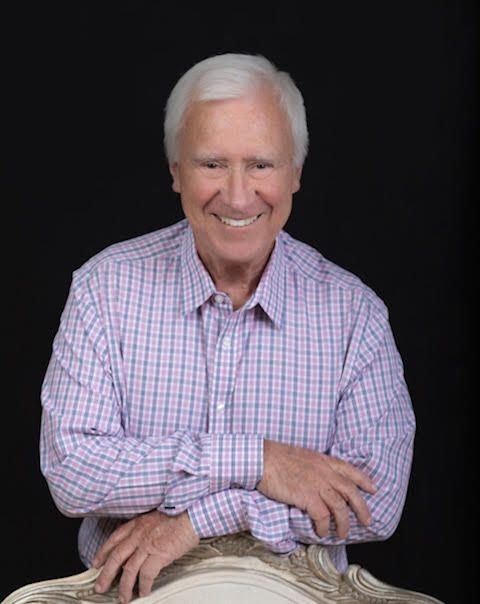author EUGENE McALLISTER
download a sample page today
COMING THIS SUMMER:
"NOW I SEE"
Now I See is about learning, seeing children who are overlooked, and the grace of change. Peter Schmidt is a teacher in North Carolina, who, after a divorce and tragic accident, accepts a teaching job, sight unseen, in Great Falls, Montana.
Great Falls is a blue-collar town that hasn’t grown in forty years. Lacking the glamor of Yellowstone, the city struggles to attract people and business. The teachers at Whittier school find themselves buying winter coats – or memorably, hundreds of pairs of galoshes – for the children.
Now I See is filled with vivid characters – a bespectacled Agnes, who disappears for three days; Pablo an undocumented boy who wields a knife against two bullies; and Mike, two years older than the others, who sits at back with an attitude to mask his sense of failure.
Peter’s mentor, whom he comes to admire greatly, is a 50-something woman motivated by love for the less fortunate and who lives on the edge of a cloistered religious community. Imelda challenges Peter to see things differently, and he slowly and not easily comes to recognize the dignity of his students.
At a moment of crises, Peter is torn between two students he has mentored. Walter, a developmentally disabled freshman football player attacks Robert, a bright, kind boy who looks up to Peter. Must Peter choose between the two students, as many expect, or can he dedicate himself to caring for each? The process of answering that question draws Peter deeply into the lives of his students and their families.
Now I See is a story of heart and hope.
about EUGENE McALLISTER
Eugene J. McAllister writes from experience and belief. He served as president of two Catholic liberal arts universities, the University of Great Falls in Montana and Saint John’s University in Collegeville, MN. He lived for twenty years in Great Falls, a blue-collar town on the high plains of Montana. He knows the power of learning and change, particularly for those who might be left behind.
Prior to his career in higher education, Gene served in the Ronald Reagan and George H.W. Bush administrations. He was Special Assistant to President Reagan for Economic Policy and Assistant Secretary of State for Economics and Business Affairs for both presidents.
He has a B.S. in Economics from Loyola Marymount University, an M.A. from University of California, Davis and a Ph.D. in Economics from The Catholic University of America.
Gene’s appreciation for the written word began as his father would take him and his siblings to the public library on Saturday mornings.


